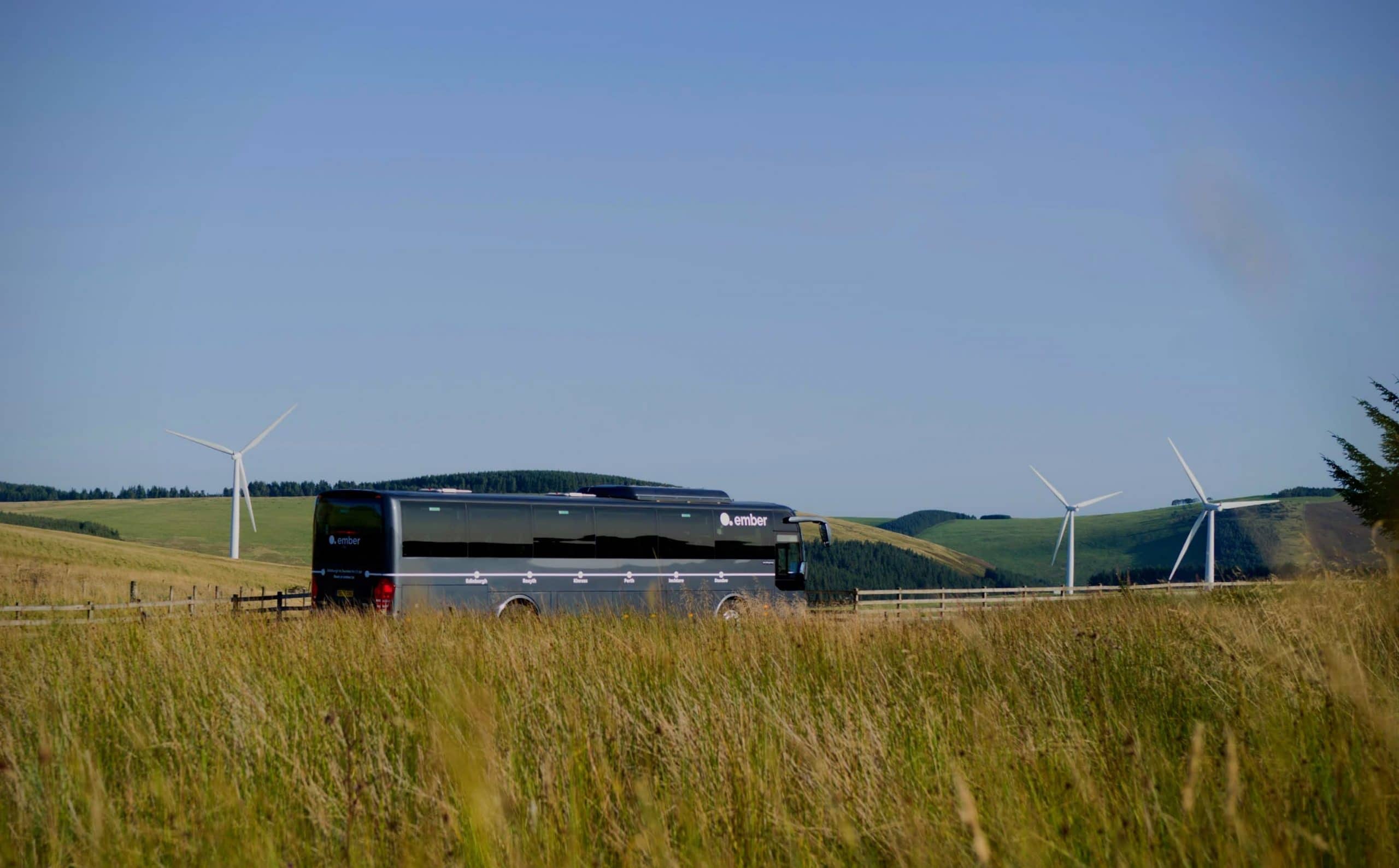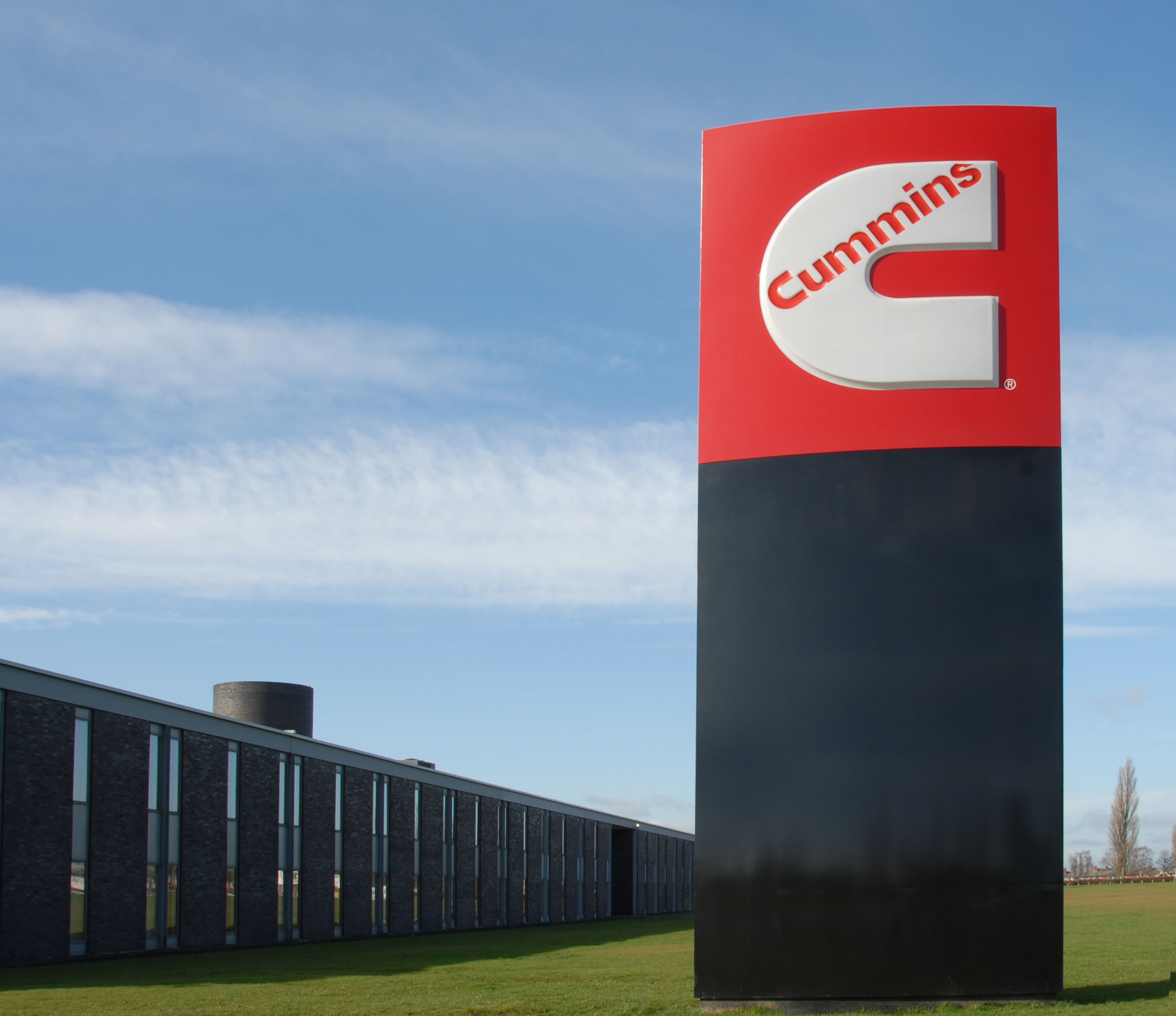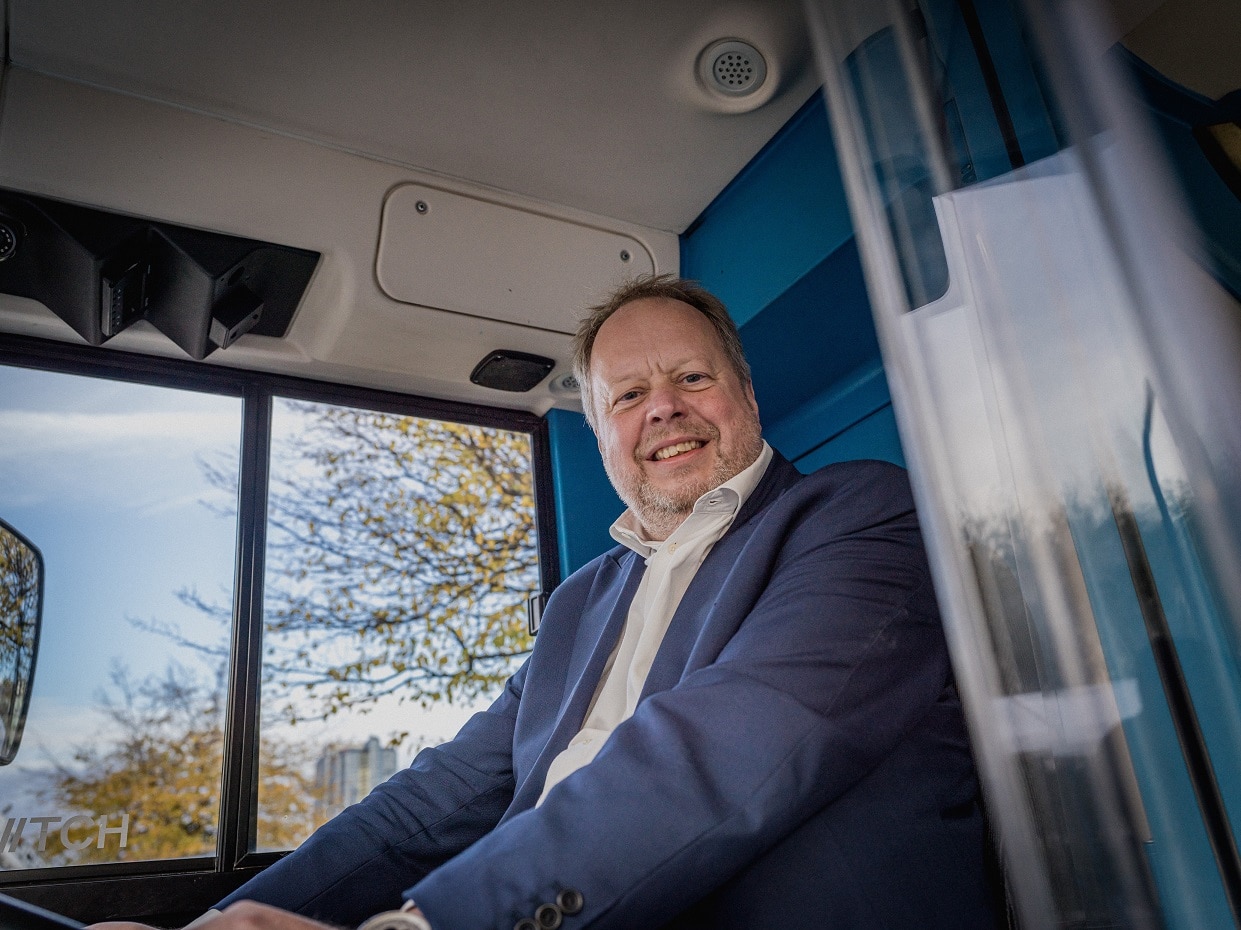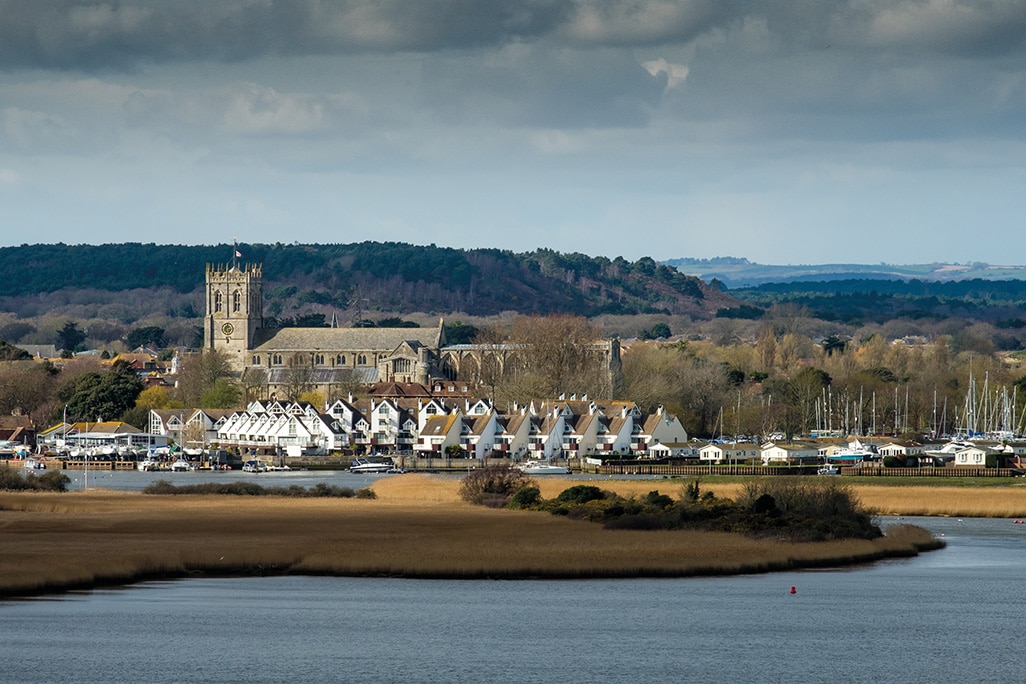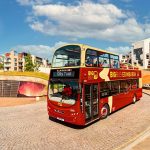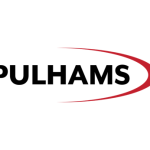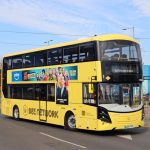Another year, another step closer to the ban on the sale of internal combustion engines. Our suppliers are working hard to put everything in place for when that time comes
Some might say the writing has long been on the wall for diesel vehicles. Mayor of London Sadiq Khan last year committed to a 100% zero-emission (ZE) bus fleet by 2034, and the market for ZE buses outside of London gained pace in December with the delivery of 20 hydrogen fuel cell-electric buses with National Express West Midlands in Birmingham, the first in England outside the Capital.
None of this would be possible without the manufacturers, dealers and infrastructure providers working to deliver the shift to cleaner technology.
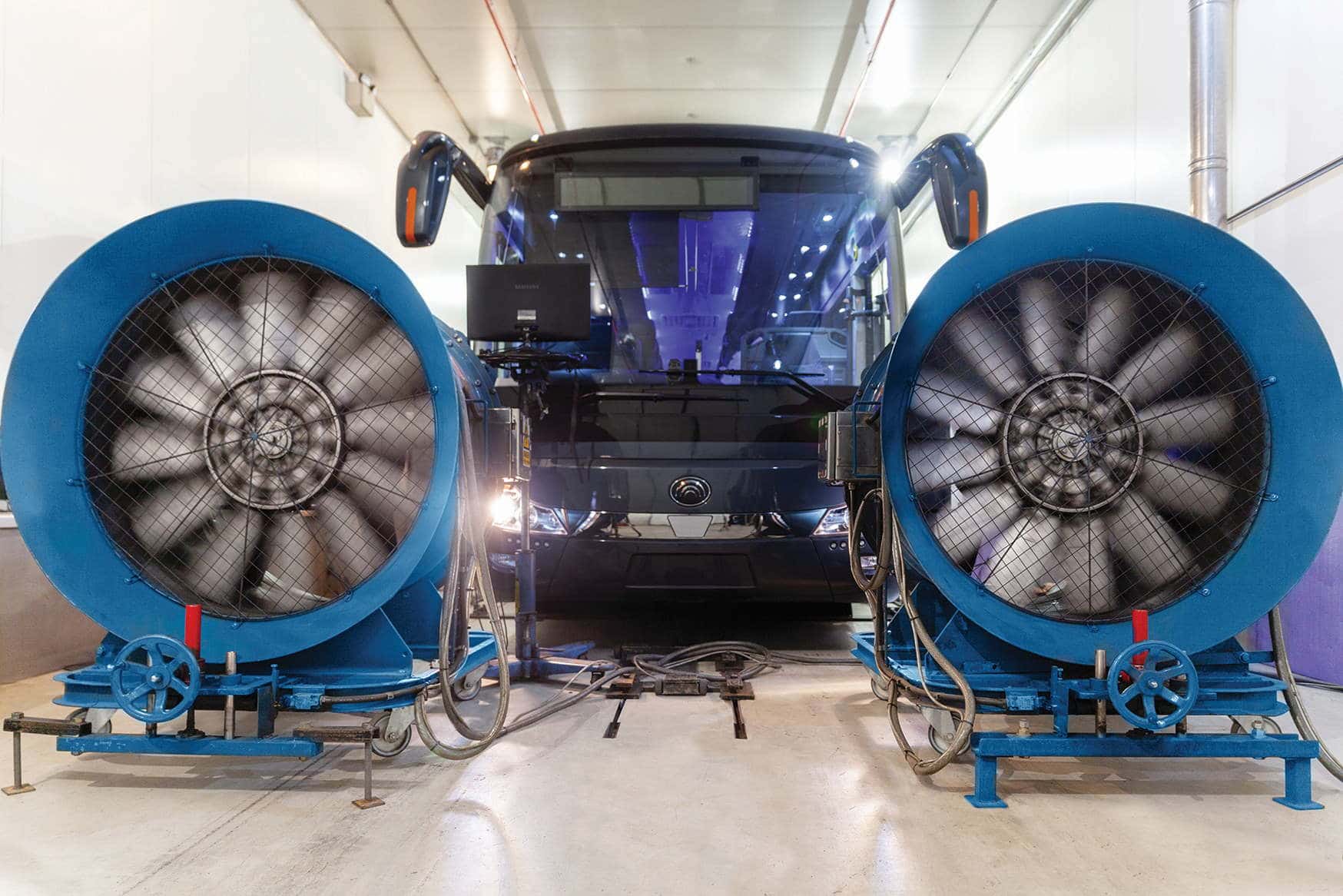
New opportunities
Pelican Bus and Coach, the dedicated dealer for Yutong coaches and buses in the UK, reveals that last year saw a big increase in electric vehicle (EV) sales throughout the UK and believes 2022 will see a particular increased interest in battery-electric ZE coaches, a sector it says has to date “lagged behind”.
For Pelican, two key challenges remain for coach companies considering electric: Cost and charging.
“All electric vehicles are more expensive than their fossil fuel equivalents,” says Pelican’s Managing Director Richard Crump. “But while bus operators often receive a grant to help cover this cost difference, there are currently no such grants available for coach operators. Therefore, the extra purchase cost must be covered by savings from EV operation – an electric coach will use about 24p of electricity for every £1 of diesel burned – and, more importantly, by increased pricing to end customers for providing them with a premium ZE service.”
Richard reports a “steady increase” in enquiries to operators for ZE services, primarily from private schools and corporate clients as a visible way to demonstrate positive action on carbon reduction to stakeholders such as pupils, staff, customers or the community.
What about those who remain sceptical about the capabilities of battery-electric vehicles? “People who say they will not buy a battery-electric coach until it can travel to Scotland and back are, with respect, missing the point,” Richard says. “Battery-electric coaches in their current form are not, and probably never will be, a direct replacement for diesel coaches; they offer a different business opportunity that should be targeted at a particular type of customer.
“Not every coach company will have a customer base suitable for this, but we think there will be long-term benefits for being an early battery-electric coach adopter in any given area.”
There are currently nine Yutong TCe12 battery-electric coaches in service in the UK with seven more due this quarter. Pelican says it will work with operators to assist them in upselling ZE services to customers.
Market expands
The ZE vehicle market continues to mature in the UK. The introduction of Mellor’s Sigma low-floor battery-electric bus range in December (see p.47-49) heralds a new dawn for the manufacturer as it plans to make ZE a reality for all bus routes, urban and rural.
Orders are now being taken for the range which comprises lengths of seven to 12 metres and 30- to 80-passenger capacities alongside a range of door configurations. In total, it will result in 20 individual variants. The design focuses on lightweight materials with smaller battery capacity to maximise efficiency.
“After significant investment and benefitting from our vastly experienced engineers and our partner component manufacturers, we’re bringing our new Sigma range to market, and the beginning of a new chapter in the history of Mellor in the UK,” says Mellor’s Bus Division Managing Director Mark Clissett. “We truly believe Sigma represents a redefinition of the ZE bus offering, with exacting model options available to deliver the lowest possible total cost of ownership across the widest range of city and rural operations.”
Infrastructure and energy
As adoption of ZE vehicles gains pace, infrastructure must keep up. Ashley Watton, Director Bus Business Europe at Cummins, argues that hydrogen production and fuelling infrastructure as well as charging infrastructure needs to be scaled up to support the growing ZE vehicle parc. “In addition, for these hydrogen fuel cell-electric and battery-electric vehicles to be truly zero carbon, the hydrogen and electricity fuelling them must be generated using renewable energy,” he adds. “Increasing the percentage of our energy produced from renewable resources will be critical.”
In addition to producing the technology that powers ZE vehicles, Cummins produces electrolysers that generate green hydrogen, and is working to scale this technology. “With commitments by governments and corporations across the world, including in the UK, to increase adoption of alternative power solutions and build out the infrastructure, we are optimistic about the transition to ZE.” Ashley adds.
Cummins sees hydrogen fuel cells as a “promising solution” for long-distance coach travel, but rollout is stayed by cost of adoption. Last year Cummins launched its Darlington-based project to develop a hydrogen-fuelled internal combustion engine (ICE), which may provide a lower-cost option for fleets to transition to ZE with existing drivelines. And while the UK government’s commitment to deliver 4,000 new ZE buses is a “step in the right direction”, Chief Marketing and Sustainability Officer at Switch Mobility Peter Freedman says the rollout speed of ZEBRA funding and ongoing challenges posed by COVID-19 mean it is still a challenging time for UK bus manufacturers.
“These zero tailpipe emission vehicles are significantly important in delivering the climate targets set out at COP26, but as an industry we need to go further than just zero tailpipe emissions,” he says. “At Switch we’ve committed to carbon neutrality across all operations, so we set out to minimise both our corporate and product carbon footprint throughout the production process.
“We recently announced a new factory in Valladolid, Spain, to complement our existing facilities in the UK and India, and have committed to delivering a net-zero factory as we look to expand into the European market.”
That point is driven home when Peter points out that EV production can account for up to 70% more carbon output than that of a similar ICE vehicle. “We truly believe it’s important that government, operators and manufactures consider the entire carbon footprint of their vehicles when sourcing the next generation of ZE buses.”



















